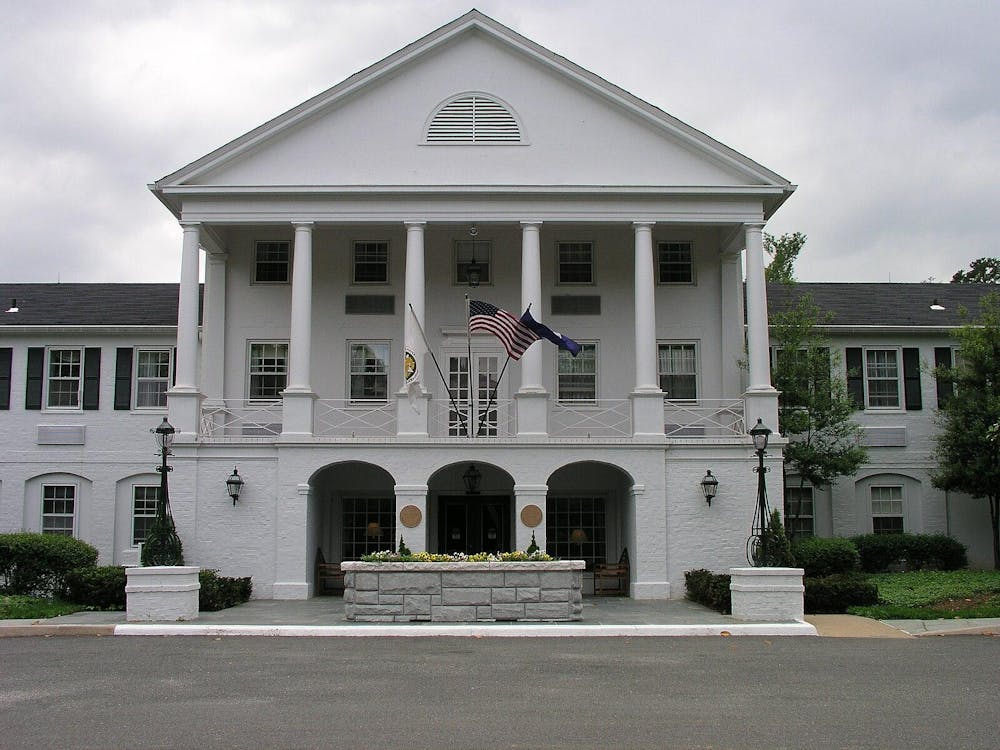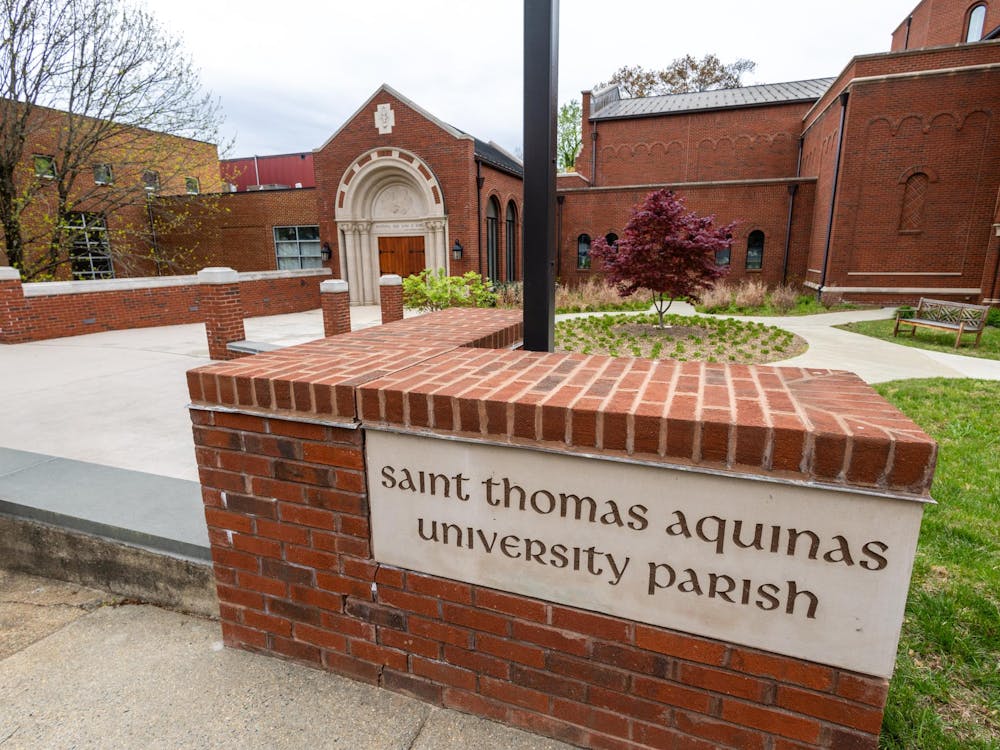The Faculty Senate approved the creation of the Batten School of Leadership and Public Policy Tuesday with a majority vote, allowing the University to begin building the school's leadership structure and curriculum.
Although the school now has been approved by both the Board of Visitors and the Faculty Senate, it is still awaiting approval by the State Council of Higher Education for Virginia. The proposal of the school was officially announced last semester when the University announced a $100 million donation from Frank Batten Sr. for its creation.
Fifty-two Senate members voted to establish the school, while eight members voted against and one abstained.
According to Eric Patashnik, co-chair of the planning committee for the Batten School, the Senate's approval is an important step.
"First of all, it means that the school officially exists," Patashnik said. "It will also permit a national search for the founding dean to begin."
He said the search committee will be chaired by University Provost Arthur Garson.
The Faculty Senate vote also allows the current five-year master's degree in public policy program to be moved into the Batten School.
"Those current M.P.P. students will graduate at the end of their fifth year with a degree from the Batten School," Patashnik said.
According to Faculty Senate Chair Ricardo Padron, some faculty members voiced concerns about the creation of the school before voting.
"One [issue raised] was that some faculty were dubious that leadership could be made a center for a curriculum," Padron said. "Can you teach leadership on its own if it is not attached to nursing or law?"
Malcolm Bell, a member of the Senate's academic affairs committee, said he, like some other faculty members of the College, is "not completely comfortable with the idea of teaching leadership."
According to planning committee co-chair David Breneman, faculty members are unfamiliar with the concept of leadership education because it is a relatively new idea.
"There isn't a cookbook out there that sort of lays out a set of curriculum," Breneman said. "Leadership is in a slightly different category from economics or physics, which have had 100 years of history. Leadership doesn't have that history yet."
Integrating leadership into the Batten School will distinguish the school from other public policy programs that generally do not focus on leadership, Patashnik said.
"Leadership courses will allow students to incorporate leadership into negotiation, communications, public policy, decision making, team building and so on," he said.
Another concern raised by faculty members is the effect the creation of the school will have on the College.
"There were other people who had questions about the impact this would have on the College in that it would bring a group of students to the University who would be paying their tuition to the Batten School while taking College classes," Padron said.
In response to this concern, Patashnik said at this point in the process, the details of Batten School programs have not been discussed, but the planning committee does not intend for the Batten School to rely upon current University funds. He added that the school will attract more students to the University, as opposed to drawing students away from the College.
According to Reginald Garrett, a member of the Senate's academic affairs committee, some faculty members were unsure of the motives for creating the new school.
"I think some concern has been that development was driving the creation of schools rather than some rational approach, and that disturbed some [Senate] members," Garrett said. "I think what has come out, though, has created novel opportunities, and I think the students are going to be well served by having the Batten School."
According to Patashnik, the Batten School will expand the University's ability to engage in community service, as well as to attract talented students and faculty passionate about creating positive change.
"It is always hard to know what Mr. Jefferson would know about any development, but I would hope to think that he would be smiling to know that we have created a school focused on leadership and public policy," Patashnik said.






